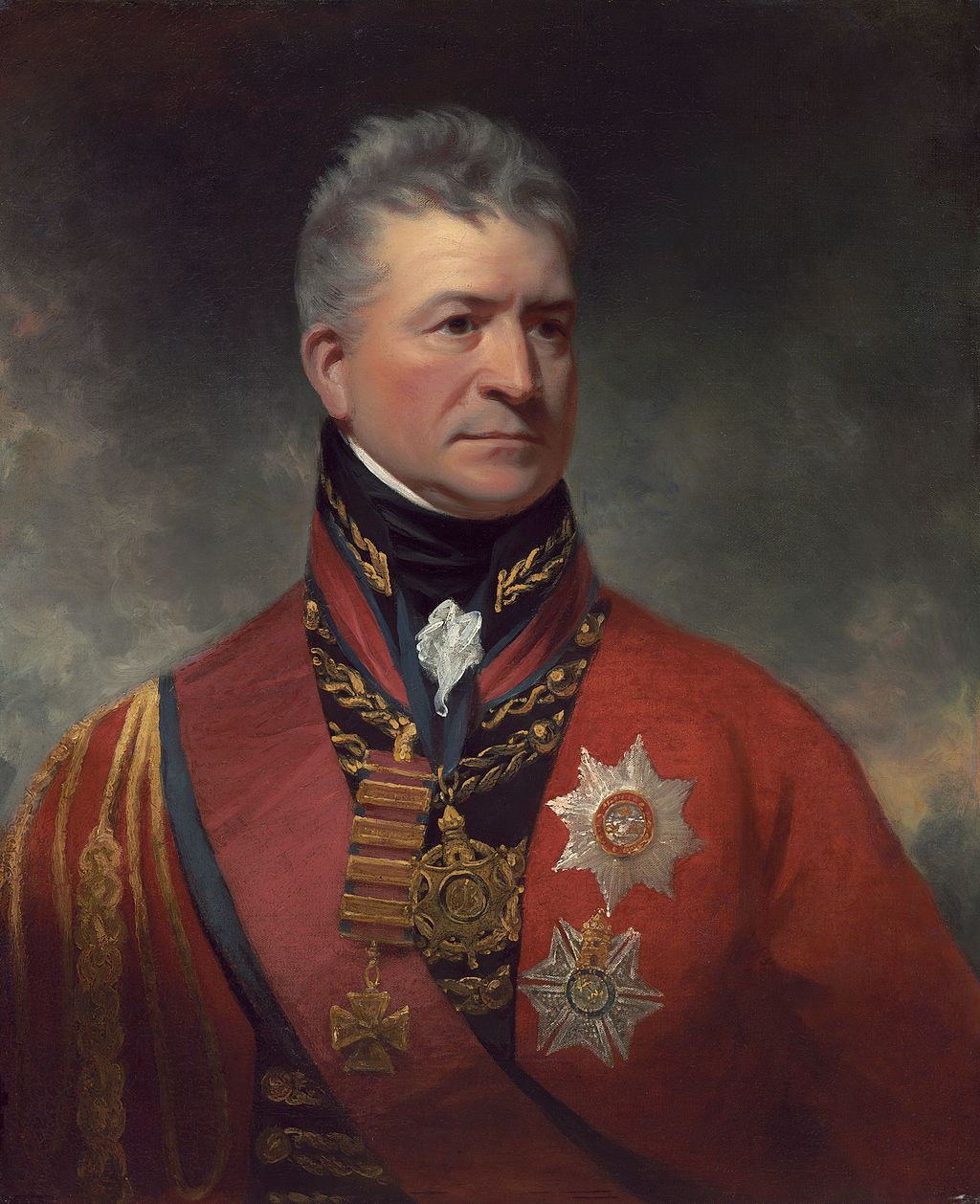Thomas Picton

Thomas Picton is a controversial figure. He fought bravely for his country, for which he’s remembered in a statue in Cardiff. He was also involved in slavery and, at least by modern standards, inhumane behaviour during the time he was governor of Trinidad. A campaign has been waged to remove his statue, at least from its current position on public display.
Acts today cannot affect what has happened in the past. The injury to the mistreated woman will not be undone. However, the act will signal to people who are alive now and in the future that this behaviour is unacceptable. It is hard to see any comparable act of cruelty today being affected by the decision to remove the statue.
The law is very clear now, and has been for a long time, that these actions are unacceptable, and I do not think that anyone would argue that ‘cancelling’ the statue will change the likelihood of this happening in future.
Arguably, the statue was erected to signal to the population that acts of sacrifice in times of war were virtuous, and this signalling was designed to maximize support for the military, and the exercise of military power by the UK.
It has probably served that function.
Removing the statue will signal an act of contrition towards the victim of the cruelty, and by extension to people who feel oppressed. It is easy to understand why this is seen as a desirable goal, although I am sure that those who are suffering oppression now would much prefer some practical action to reduce that oppression, rather than some expression of regret about past oppression. I am sure if I were hungry, I’d prefer to have bread than to have pity.
The added complication about Picton is that the young woman he was accused of torturing was of mixed race, although in modern parlance “black.” The removal of the statue then becomes a collective act apology on the part of white oppressors towards black victims. Politics is much easier when voters vote as a block. Votes can be bought more cheaply. If every voter has to be persuaded by a government promising to make life better for everyone, there are fewer spoils to be shared by the victorious party and its insiders.
Each successful campaign leads to one which is more divisive, although in terms of merit more marginal. All historical decisions will come to be judged against our modern morals and standards. In a world like this, no historical figure will escape censure. Already, most normal citizens shy away from public service because of the scrutiny of their private lives it entails. If cancel culture continues, public figures will have to be prepared to be judged wanting by not only their contemporaries but by the generations that follow them.
This is not to suggest that we should not study history, understand it, and learn from the mistakes which were made then. But to condemn the individuals who made those mistakes, who did not have the benefit of hindsight is a cruel and unusual punishment. Of course, they will not care, but we should.
Comments !